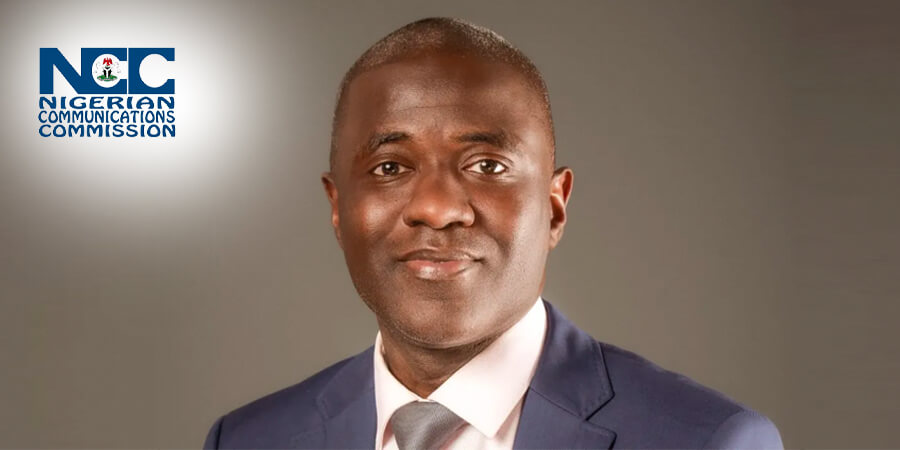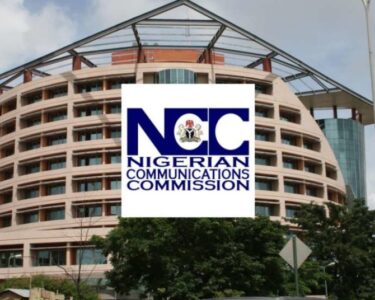Nigeria’s telecom sector has seen a boost in Foreign Direct Investment (FDI), with $304 million flowing in during the first half of 2024, according to the National Bureau of Statistics (NBS). This is a big jump from the $134.75 million that came in throughout 2023.
After several years of declining investments, this increase shows signs of recovery for the sector, which has been struggling with infrastructure gaps.
In the first quarter of 2024, the sector saw a huge jump in FDI, with $191.5 million coming in. This was a 769% increase from the $22.05 million received during the same period in 2023. In the second quarter, the amount dropped to $113.4 million, but this was still a 339% rise from the $25.81 million recorded in Q2 2023.
Looking at the bigger picture, the Nigerian Communications Commission (NCC) data shows mixed trends. In 2022, the sector saw $399.9 million in FDI, which was down from $753 million in 2021. The 2021 increase followed a significant drop in 2020 due to the pandemic, when the telecom sector only attracted $417.4 million. Before the pandemic, in 2019, the sector had drawn in $942.8 million.
The drop in investment over the years has forced telecom companies to reduce capital spending despite the increasing need for infrastructure improvements. The NCC reported that telecom CAPEX fell by 30% in 2022, with operators spending N785 billion, compared to N1.1 trillion in 2021.
Industry experts say the government needs to act on issues like foreign exchange instability, which remains a barrier to further investment. Gbolahan Awonuga, Executive Secretary of the Association of Licensed Telecommunications Companies of Nigeria (ALTON), stressed that challenges like high Right of Way charges and multiple taxes are also holding back the sector’s growth.
He added, “The progress we’re seeing now could be temporary unless these issues are addressed. If not fixed, these problems could slow down the growth of the sector.”



